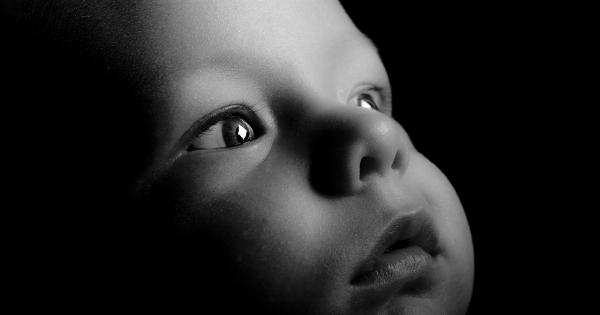An allergic cough is a condition that occurs when your immune system overreacts to particular allergens. When you inhale these allergens, your immune system recognizes them as threats and initiates a response to fight against them.
The result of this response is excessive mucus production, inflammation, and irritation of the airways, which leads to a cough.
Allergic cough is a common problem, especially in people with a weakened immune system or allergies. It can be caused by various allergens such as pollen, dust, pet dander, and smoke.
To manage the problem, it’s important to identify the signs of an allergic cough. Here are some of the common signs:.
1. A Persistent Cough
If you have been coughing for more than two weeks, you may have an allergic cough. Allergic coughs usually persist and can be accompanied by other symptoms such as wheezing and shortness of breath.
2. An Itchy Throat and Watery Eyes
Allergic cough can also be accompanied by an itchy throat and watery eyes. These symptoms occur when the immune system releases histamine, a chemical that causes irritation and inflammation in the body.
3. Trouble Breathing
Allergic cough can cause inflammation and narrowing of the airways, leading to difficulty breathing. If you experience tightness in your chest, wheezing, or shortness of breath, it’s important to seek medical attention immediately.
4. Nasal Congestion
Allergies can also result in nasal congestion, which can lead to postnasal drip and an itchy, irritated throat. This symptom can contribute to an allergic cough and can make the cough more persistent.
5. Dry Cough
If you have a dry cough that persists for weeks, you should see your doctor. A dry cough is a common sign of an allergic cough, and it can be the result of an inflamed throat caused by an allergic reaction.
6. Wheezing
Wheezing is a high-pitched sound that occurs when airways are narrowed. If you experience wheezing, especially during or after exercise, it might be a sign of an allergic cough.
7. Symptoms That Persist Year-Round
Allergic cough can be a year-round problem for some people, especially if they have allergies to things that are commonly present in the environment such as dust and smoke.
If you experience allergy symptoms that persist throughout the year, it’s important to get checked for an allergic cough.
8. Headaches and Fatigue
Allergic cough can also cause headaches and fatigue as the body tries to fight the allergen. These symptoms can make the cough more persistent and debilitating.
9. Nausea and Vomiting
In rare cases, an allergic cough can lead to nausea and vomiting. This can occur when the cough is severe and intense, leading to irritation of the stomach muscles.
10. Rashes and Hives
Some allergies can lead to rashes and hives on the skin. These symptoms occur when the immune system releases histamine, causing inflammation of the skin.
If you experience any of these symptoms, it’s important to see your doctor for a proper diagnosis and treatment. Allergic cough can be managed with medications such as antihistamines, decongestants, and cough suppressants.
Identifying the allergen that triggers the cough can also help in managing the problem.





























